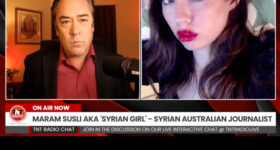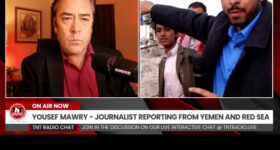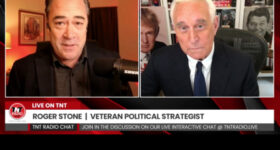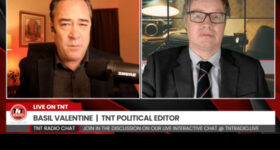 Stuart J. Hooper
Stuart J. Hooper
21st Century Wire
We can interpret today’s tragic events in a few different ways.
Watch a video of this report here:
Two blasts hit a peace rally in Turkey’s capital Ankara today.
The attacks killed at least 30 people and injured over 120 others. Footage shows a group of people holding hands and singing before the first blast erupts behind them.
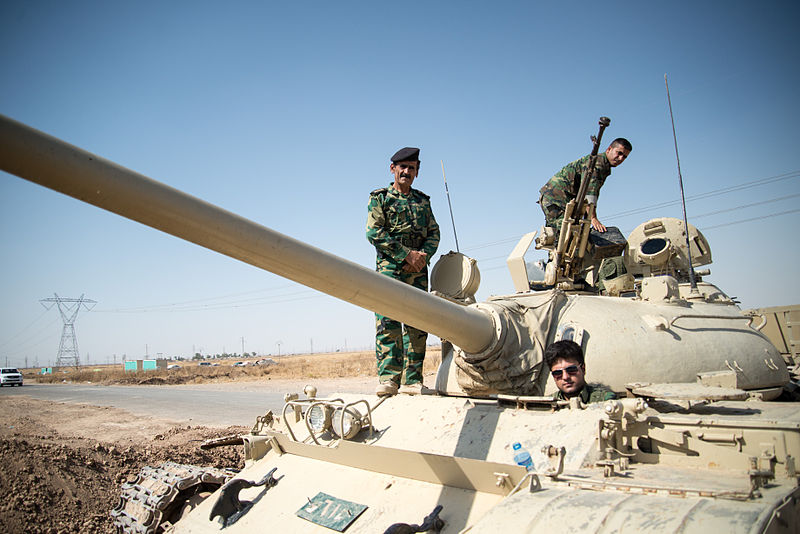
Kurdish fighters ready to engage ISIS back in June 2014. (Photo Credit: Boris Niehaus)
The continuing war on the Kurds?
A pro-Kurdish party, the HDP, was in attendance at the peace rally and believe they were the target of the attacks.
The Kurds in Turkey have suffered decades of official discrimination and denial of their culture’s existence, which led to a rebellion in the 1970s dominated by a socialist, secular group known as the Kurdistan Workers Party or PKK.
Evidence of this ‘official’ policy continuing today is widely available, because when the Turkish finally joined the Western campaign against ISIS they used the opportunity to bomb Kurdish fighters; one of the most effective anti-ISIS forces in the region.
Former US Ambassador to Turkey Eric S. Edelman said that attack represented “… a new wave of repression aimed at Kurds in Turkey, which risks plunging the country into civil war.“
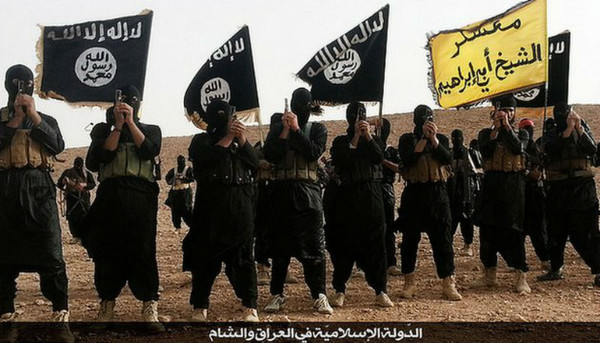
The enemy of my enemy is my…? (Photo Credit: YouTube)
Blowback from supporting ISIS?
However, it is also possible that this is Turkey’s support for ISIS coming back to haunt them in the worst possible way.
A spokesman from the Washington Institute for Near East Policy, Soner Cagaptay, said: “Turkey’s policy from 2011 and until mid-2014 was that anyone and everyone who wanted to fight Assad was welcome to go to Syria and do so.”
US Vice President Joe Biden even said that “hundreds of millions of dollars and tens of thousands of tons of weapons” were made available by Turkey to anyone who wanted to fight Assad; leading to calls for an apology from the Turkish President.
Turkish PM Davutoglu has said, “This is an unfair assessment and accusation against Turkey for which there is no ground at all“.
Yet, it is understood that there was a “secret operation inside Libya to funnel arms through Turkey into the Syrian opposition“, and “Turkey and Saudi-based chemical facilitators were attempting to obtain sarin precursors in bulk, tens of kilograms, likely for the anticipated large scale production effort in Syria“… to be used against Assad.
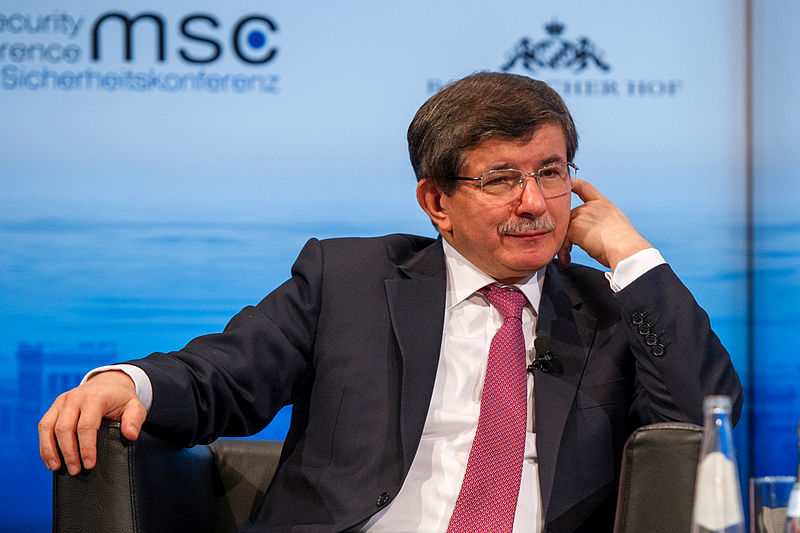
Davutoglu – caught in the act. (Photo Credit: Marc Muller)
A false flag incident?
Adding to the puzzle is a secret recording that was released on YouTube last year containing the voice of Davutoglu and other Turkish officials. The wanted to “make up a cause of war” , saying to one another that “what you’re going to do is a direct cause of war”. In other words, they wanted to create a false flag scenario that could be used to directly attack Syria. In what may be the world’s greatest expression of guilt, Turkey subsequently banned access to YouTube after the incident.
Blasts at a peace rally in the country’s capital is definitely a scenario that hawkish politicians could use to start a wider war. The timing for a fully fledged Turkish intervention could also not be any better.
Now that Russia has eradicated 40% of the terrorist infrastructure in Syria in just one week, it will take a standing army, not a ragtag bunch of jihadists, to remove Assad if Turkey still wishes to pursue that policy goal.
Which of these three explanations makes the most sense to you? The continued war on the Kurds, blowback from support of ISIS, or a false flag to ignite a wider war?
Follow me here: http://twitter.com/StuartJHooper
MORE CONSEQUENCES OF THE SYRIAN CRISIS: 21st Century Wire Syria Files










